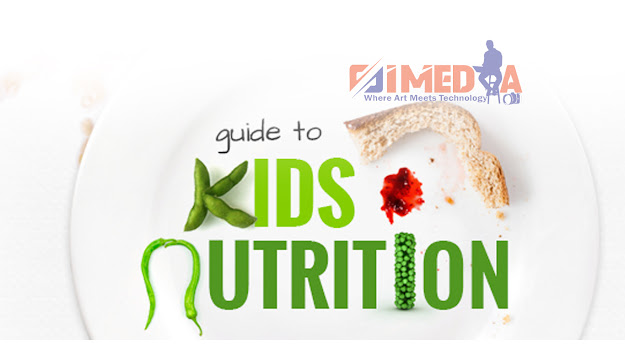TEENAGE NUTRITION
Adolescence is considered a nutritional risk period marked by deep psychological, physiological, and social changes. In this age group, nutritional literature shows a prevalence of inadequate dietetic habits, such as high intake of processed or sugary foods, long gaps between meals, and low consumption of fruits and vegetables. The long-term effects of these eating patterns can result in overweight, as well as micronutrient deficiencies and chronic diseases that if left untreated can be dragged in to adulthood, ( Giselle Rhaisa does Amaral e Melo et al, 2017). Nutritional intervention is very important in this stage in promoting healthy behaviour amongst the young adults including methods of food preparation, food choices, number of meals to consume in a day and the knowledge about balanced diet in general as they make decisions concerning their diet which will help in reducing chronic diseases like heart disease and cancer later in their lives. Teenage/adolescence eat the foods t...
